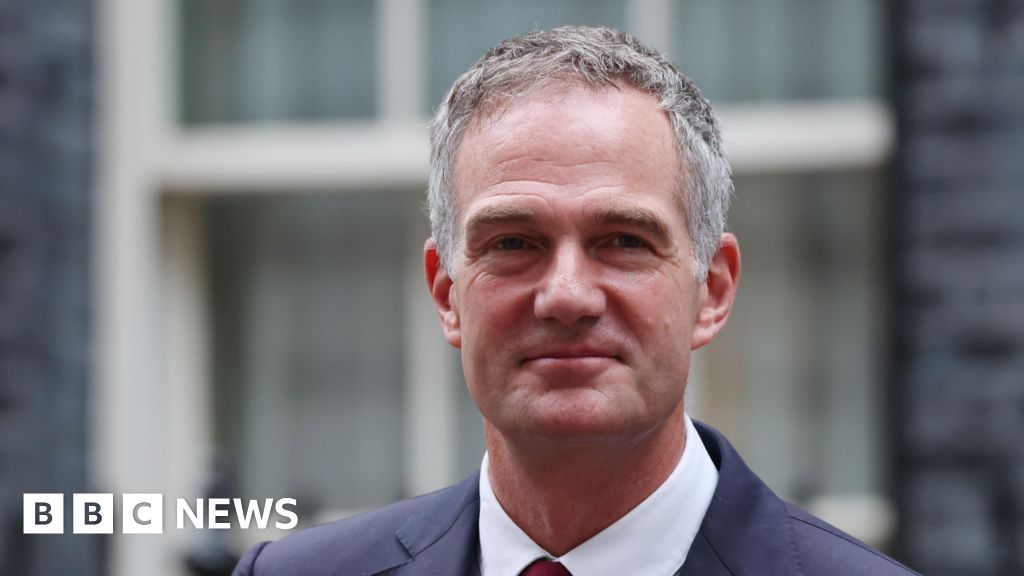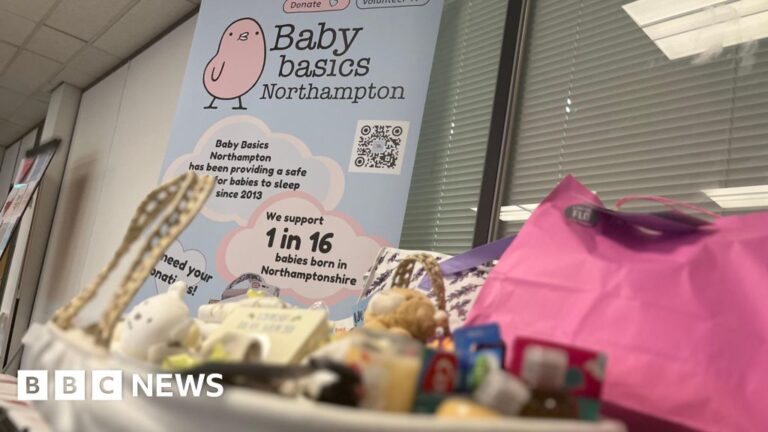Staff at the UK’s national institute for artificial intelligence have warned the charity is at risk of collapse after Technology Secretary Peter Kyle threatened to withdraw its funding. Workers at the Alan Turing Institute raised a series of serious and escalating concerns in a whistleblowing complaint submitted to the Charity Commission. The complaint accuses the institute’s leadership of misusing public funds, overseeing a toxic internal culture, and failing to deliver on the charity’s mission. A government spokesperson said Kyle has been clear he wants the Turing Institute to deliver real value for money for taxpayers. The Department for Science, Innovation & Technology spokesperson said the institute is an independent organisation and has been consulting on changes to refocus its work under its Turing 2.0 strategy. The changes set out in his letter would give the Institute a key role in safeguarding national security and positioning it where the British public expects it to be. Kyle also wants an overhaul of its leadership. Any shift to focusing on defence would be a significant pivot for the publicly funded organisation, which was given a grant of £100m by the previous Conservative government last year. The Turing Institute has been rocked by internal discontent and criticism of its research activities. In the complaint, the staff said Kyle’s letter had triggered a crisis in governance. The government’s £100m grant was now at risk of being withdrawn, a move that could lead to the institute’s collapse. The Turing Institute told the BBC it was undertaking substantial organisational change to ensure it delivers on the promise and unique role of the UK’s national institute for data science and AI. As it moves forward, it’s focused on delivering real-world impact across society’s biggest challenges, including responding to the national need to double down on its work in defence, national security, and sovereign capabilities. The BBC has been told the Turing Institute has not received notification of a complaint and has not seen the letter sent by staff. A Charity Commission spokesperson said it is currently assessing concerns raised about the Alan Turing Institute to determine any regulatory role for it. The staff said they had submitted the complaint anonymously due to a well-founded fear of retaliation. The complaint sets out a summary of eight issues, warning of a risk to funding, and accuses the charity of making a series of spending decisions that lack transparency, measurable outcomes, and evidence of trustee oversight. It also accuses the board of presiding over an internal culture that has become defined by fear and defensiveness. The complaint said the concerns had been raised with the Turing Institute’s leadership team, including chairman Doug Gurr, and claimed no meaningful action has been taken. The Alan Turing Institute describes itself as the UK’s national body for data science and AI, and was set up by former Prime Minister David Cameron in 2015. The institute has been in turmoil for months over moves to cut dozens of jobs and scrap research projects. At the end of 2024, 93 members of staff signed a letter expressing lack of confidence in its leadership team. In March, Jean Innes, who was appointed chief executive in July 2023, told the Financial Times the Turing Institute needed to modernise and focus on AI projects. Until recently, its work has focused on AI and data science research in three main areas – environmental sustainability, health, and national security. Recent research projects listed on its website include the use of artificial technology in weather prediction, and a study suggesting one in four children now use the tech to study and play. Others who have worked with the Turing Institute told the BBC there are concerns within the wider research community about its direction. In July, professors Helen Margetts and Cosmina Dorobantu, long-standing co-directors of a successful programme which helped the public sector use AI, quit their positions at the charity. Former chief technology officer Jonathan Starck left the organisation in May after eight months. And some of its remaining staff describe a toxic internal culture. The AI sector is a key part of the government’s strategy to grow the UK economy, investing in the development of data centres and supercomputers, and is encouraging big tech firms to invest. Research and development of this rapidly evolving tech is also crucial. In his letter to the Turing last month, Kyle said boosting the UK’s AI capabilities was critical to national security and should be at the core of the institute’s activities. The secretary of state for science and technology said there could be a review of the ATI’s longer-term funding arrangement next year.
Source link




